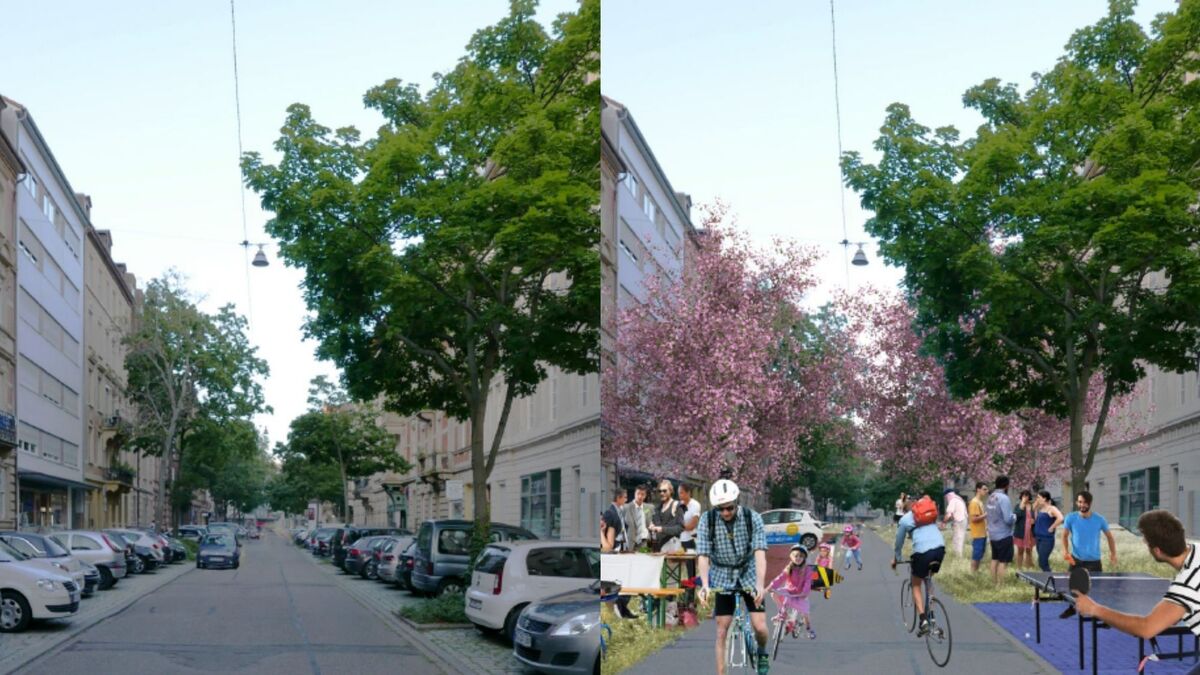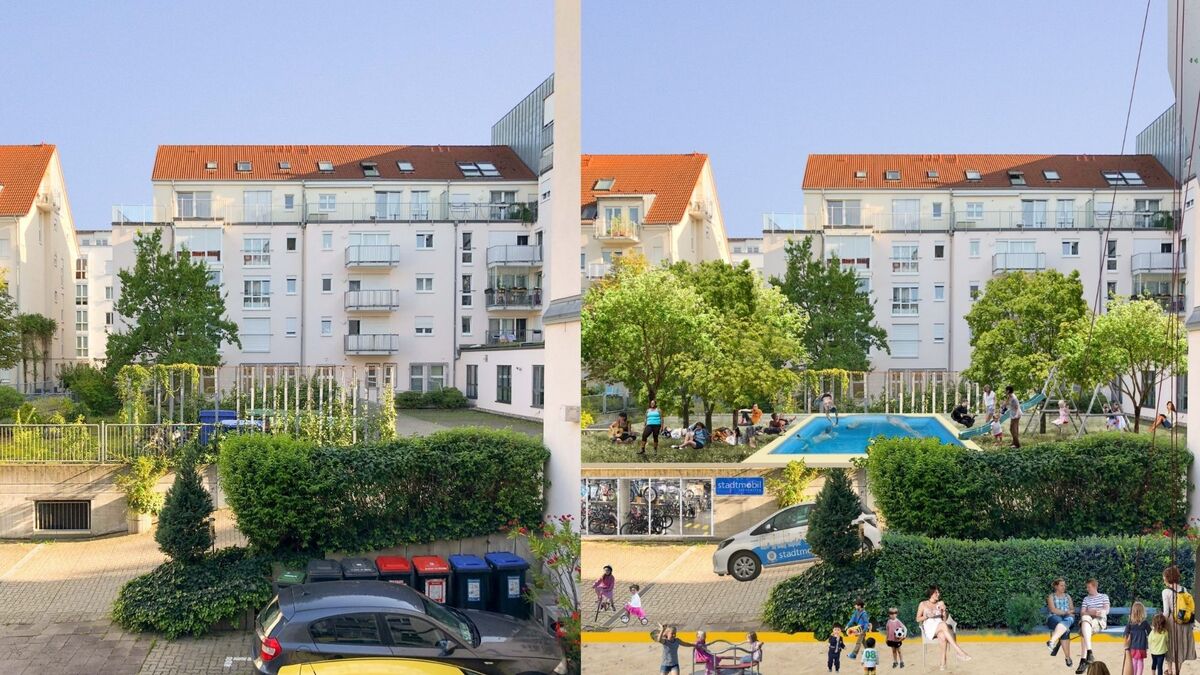Urban mobility in transition
Today, digitally supported mobility offers are mostly considered an interesting alternative to the private car. However, studies show that a real urban mobility transition will only be possible if car use is actively reduced. “But such measures as, for example, the reduction of parking spaces are usually difficult to implement because the necessary social and political acceptance is lacking,” explains Jens Schippl, mobility researcher at ITAS.
As part of the Karlsruhe research network “Profilregion Mobilitätsysteme” (profile region mobility systems Karlsruhe) and together with Fraunhofer ISI a team coordinated by him conducted extensive interviews on the subject with people in Karlsruhe’s Oststadt district. The investigations will be expanded and deepened in follow-up projects.
Interviews on the transformation of parking spaces and new mobility offerings
The goal of the subproject “Urban Mobility in Transition” was to find out how new, digitally supported mobility offerings (e.g., car sharing, rental scooters, mini-shuttles) fit into people’s everyday lives, which are often characterized by routines and multiple obligations. The researchers also wanted to find out more about the conditions under which citizens would accept a reduction in car traffic and the use of parking spaces for other purposes.
To this end, the interviewees were shown photo collages of the KIT Institute for Urban and Landscape Design (IESL) that indicate how a transformation of parking spaces could be implemented in terms of urban planning or what alternative uses could be created.
Results: Car sharing with potential, approval of the reallocation of parking spaces
A key finding is that many (but not all) tend to view a reallocation of parking spaces positively – especially if at the same time parking garages were to be built on the outskirts of the district. “The interviews also indicate that car-sharing offers – unlike rental scooters – have the potential to contribute to an everyday life without owning a car,” says Jens Schippl. In addition, the citizens interviewed usually associated urban upgrades with increasing quality of life. However, there were different ideas about how upgrading should be carried out. Green spaces, meeting zones, playgrounds, and also gastronomy were mentioned.
The researchers present the most important results of the “Urban Mobility in Transition” subproject in a brochure. (26.04.2021)
Further links and information:
- Brochure Mobilitätssystem im Wandel (Urban Mobility in Transition) (PDF)
- Website of the „Profilregion Mobilitätsysteme Karlsruhe“
- Project page on the ITAS website



